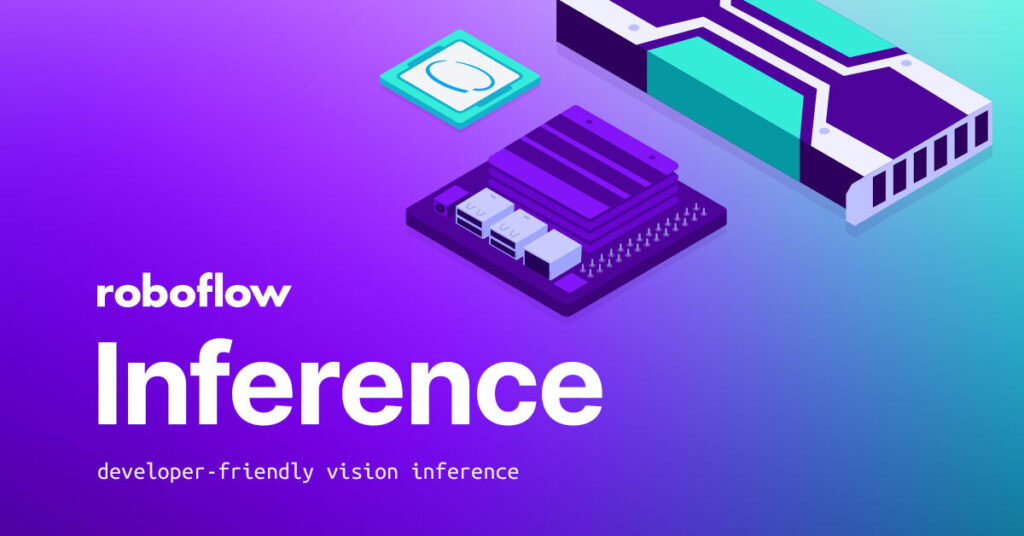inference
Basic Information
Roboflow Inference is a self-hostable computer vision server and toolkit that turns a computer or edge device into a command center for computer vision projects. It provides a local or cloud-connected inference server, an SDK and REST API, and a Jupyter-based quickstart to run models and orchestrate Workflows. The repository supports running pre-trained and fine-tuned models as well as foundation models such as Florence-2, CLIP, and SAM2. It is designed to manage cameras and video streams, perform image and video processing on-device or in hosted environments, and integrate with Roboflow cloud features when an API key is provided. The project includes documentation, examples, tutorials, and enterprise components for larger deployments. The core is Apache 2.0 licensed and enterprise extensions and model licensing details are provided within the repo and Roboflow’s docs.








